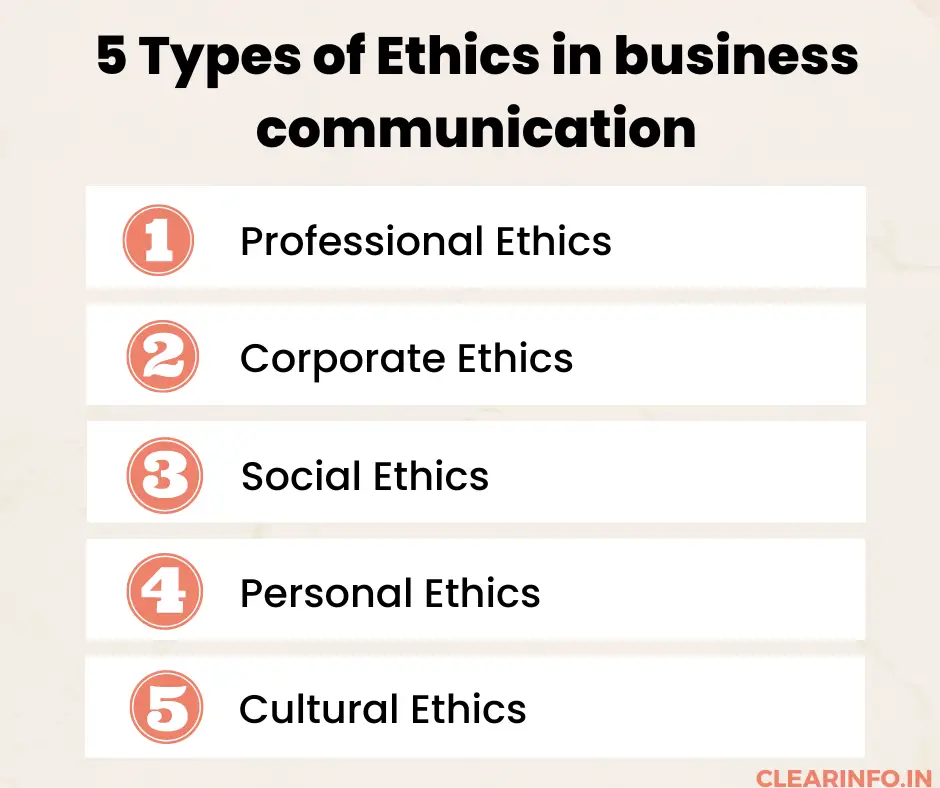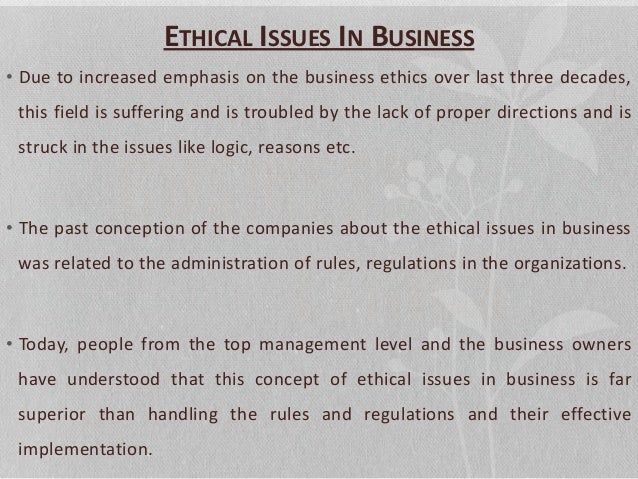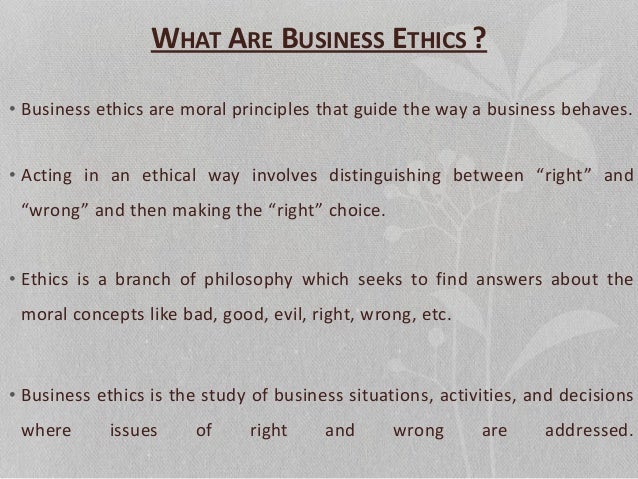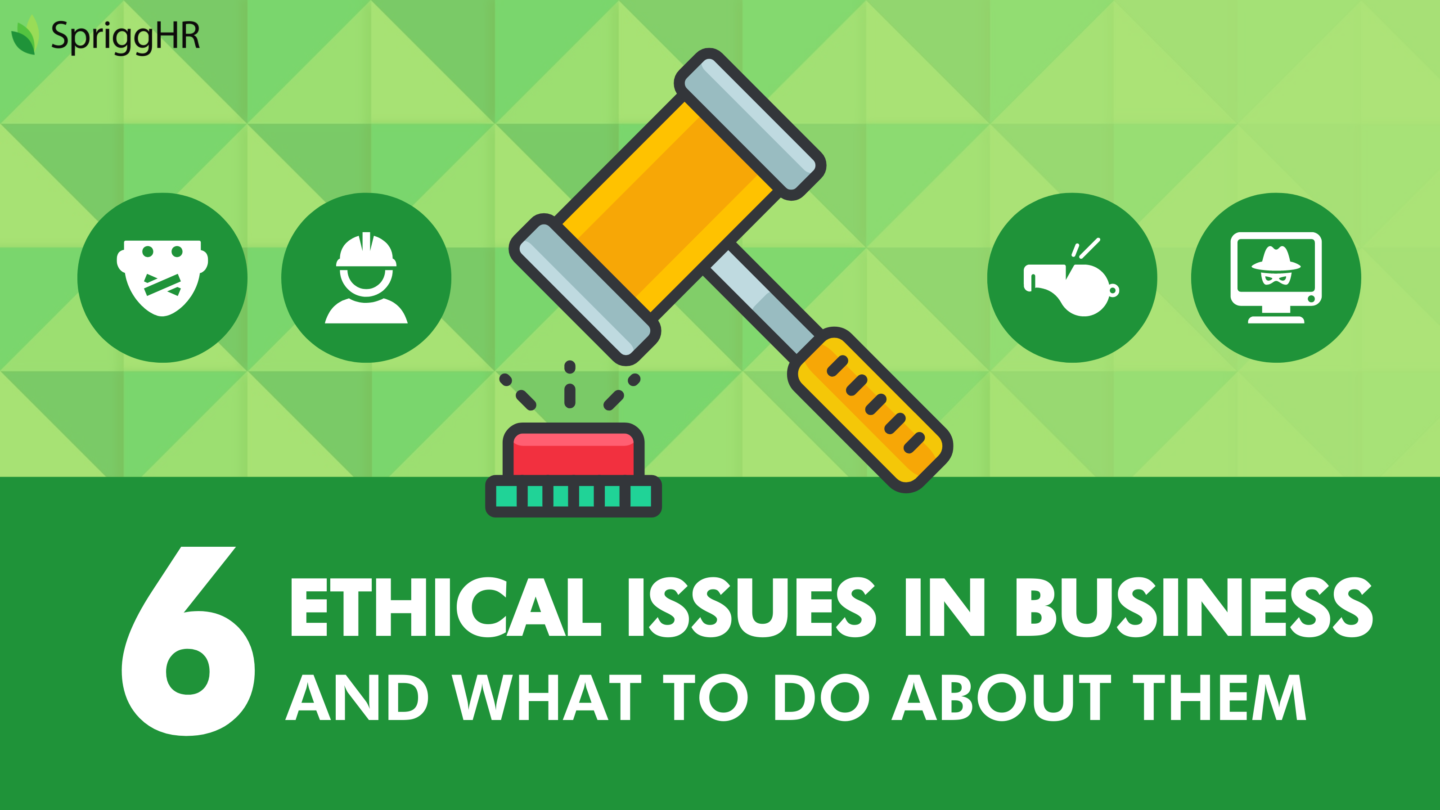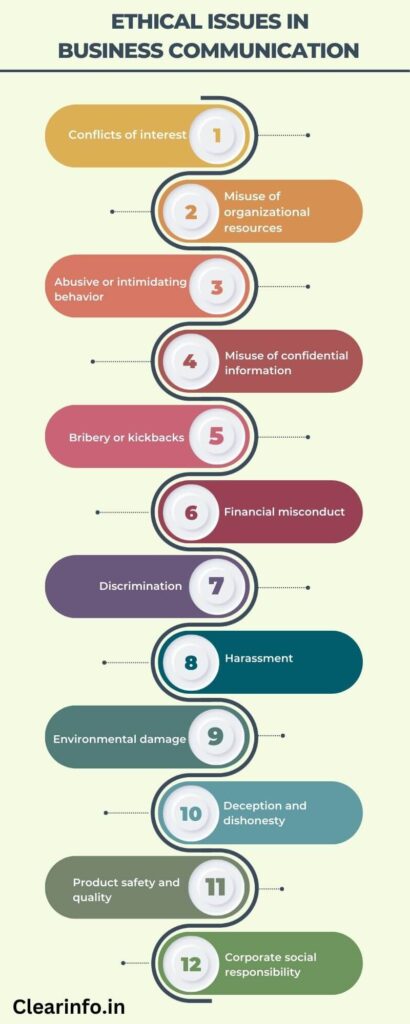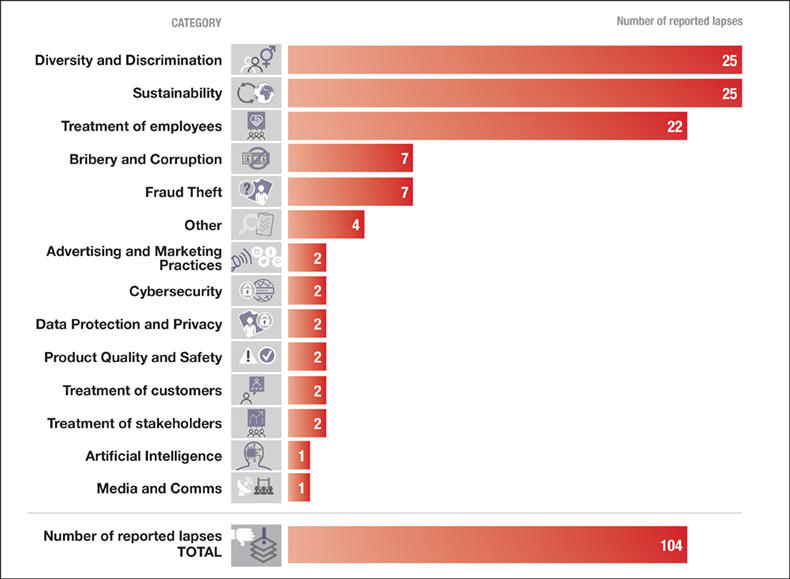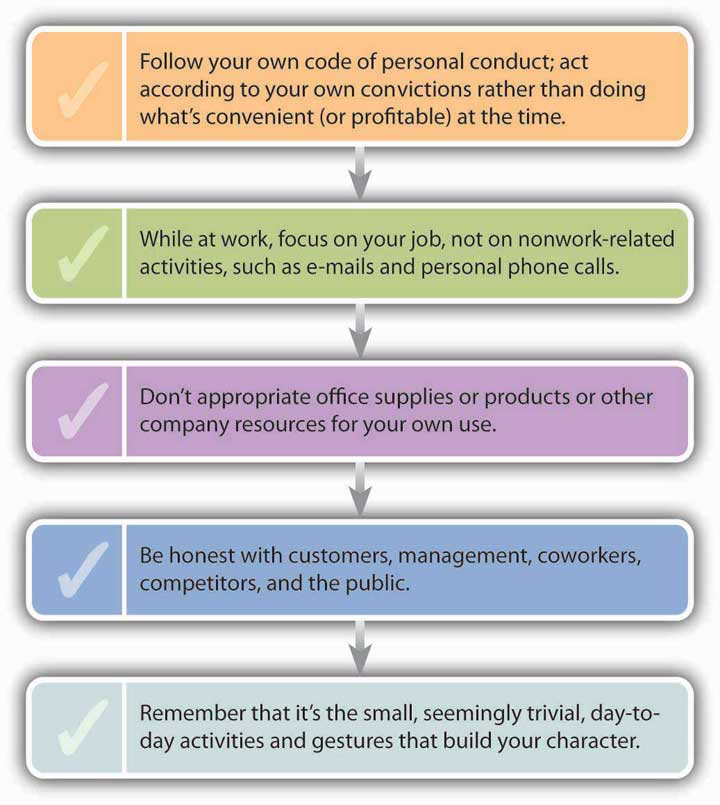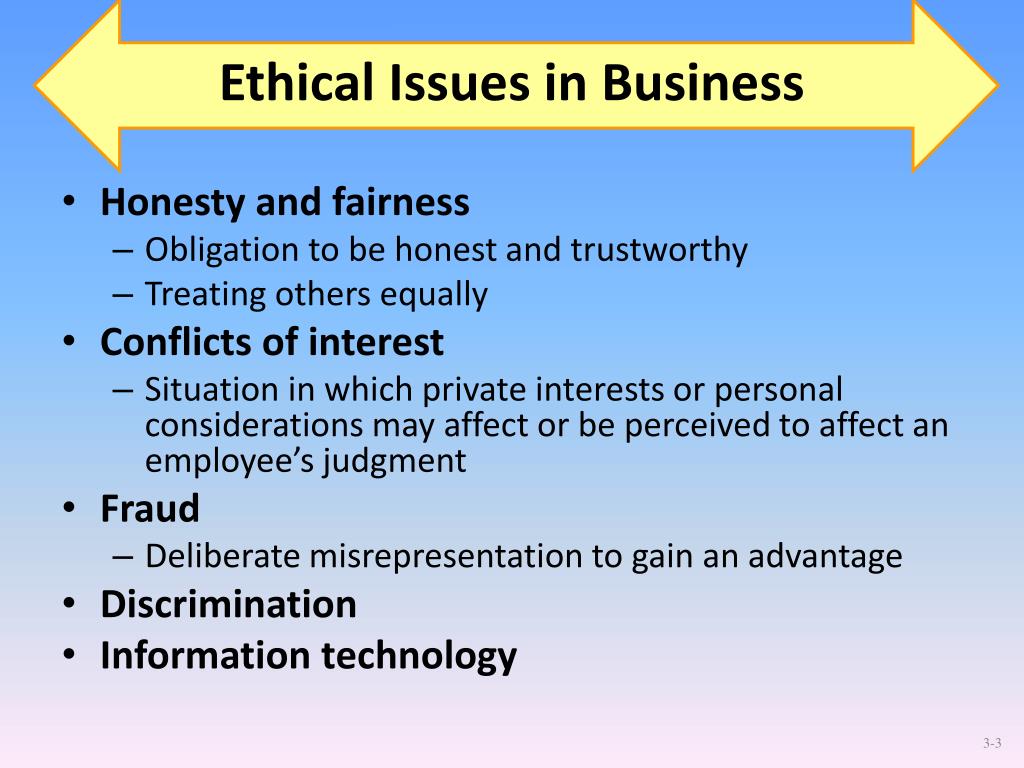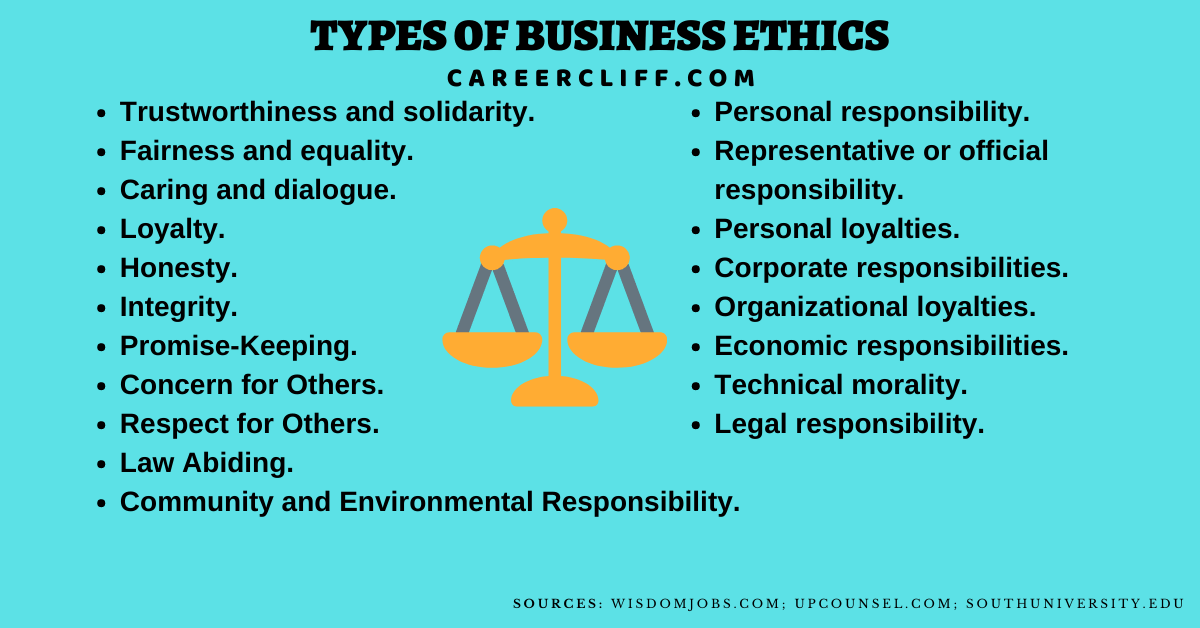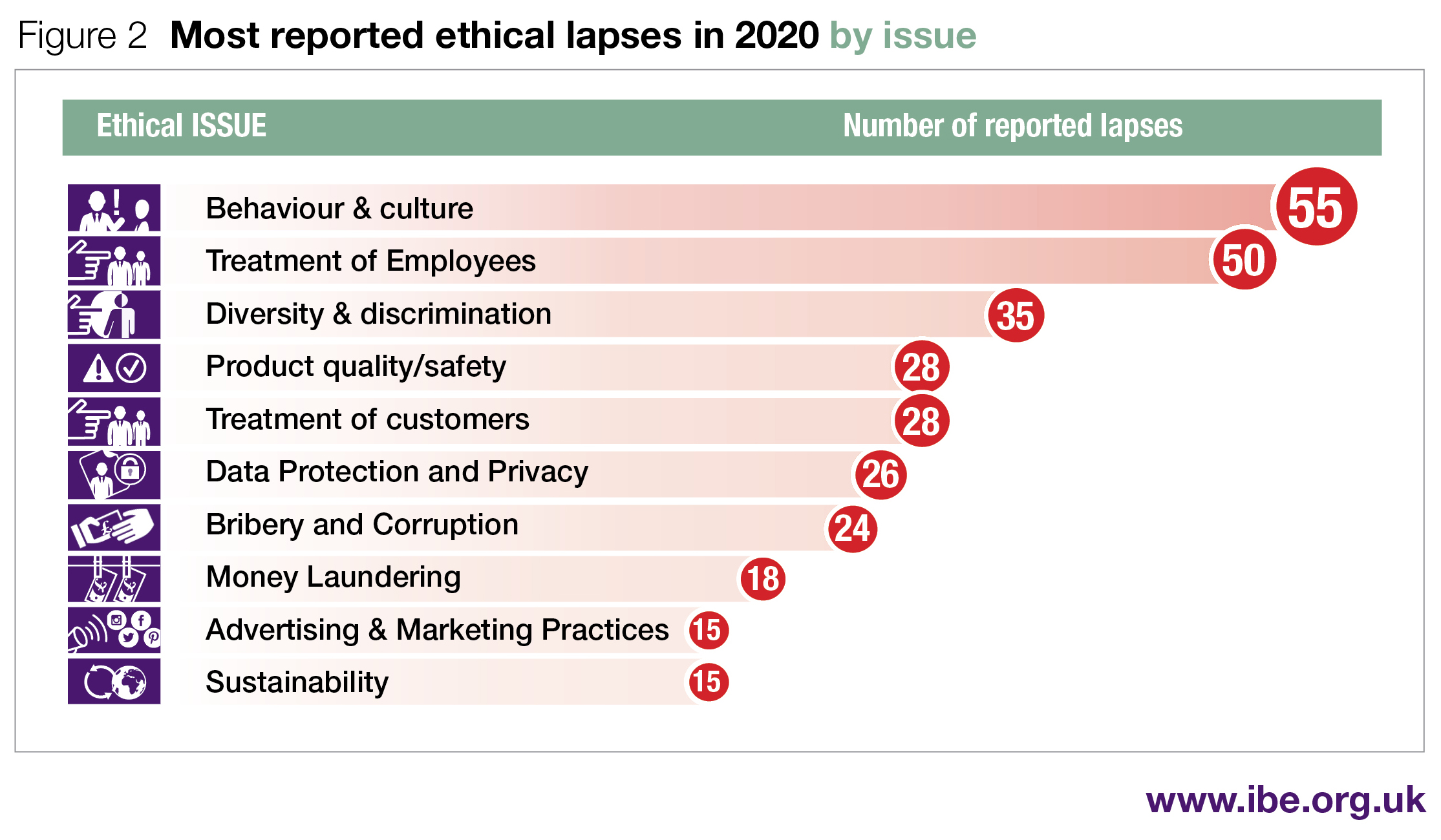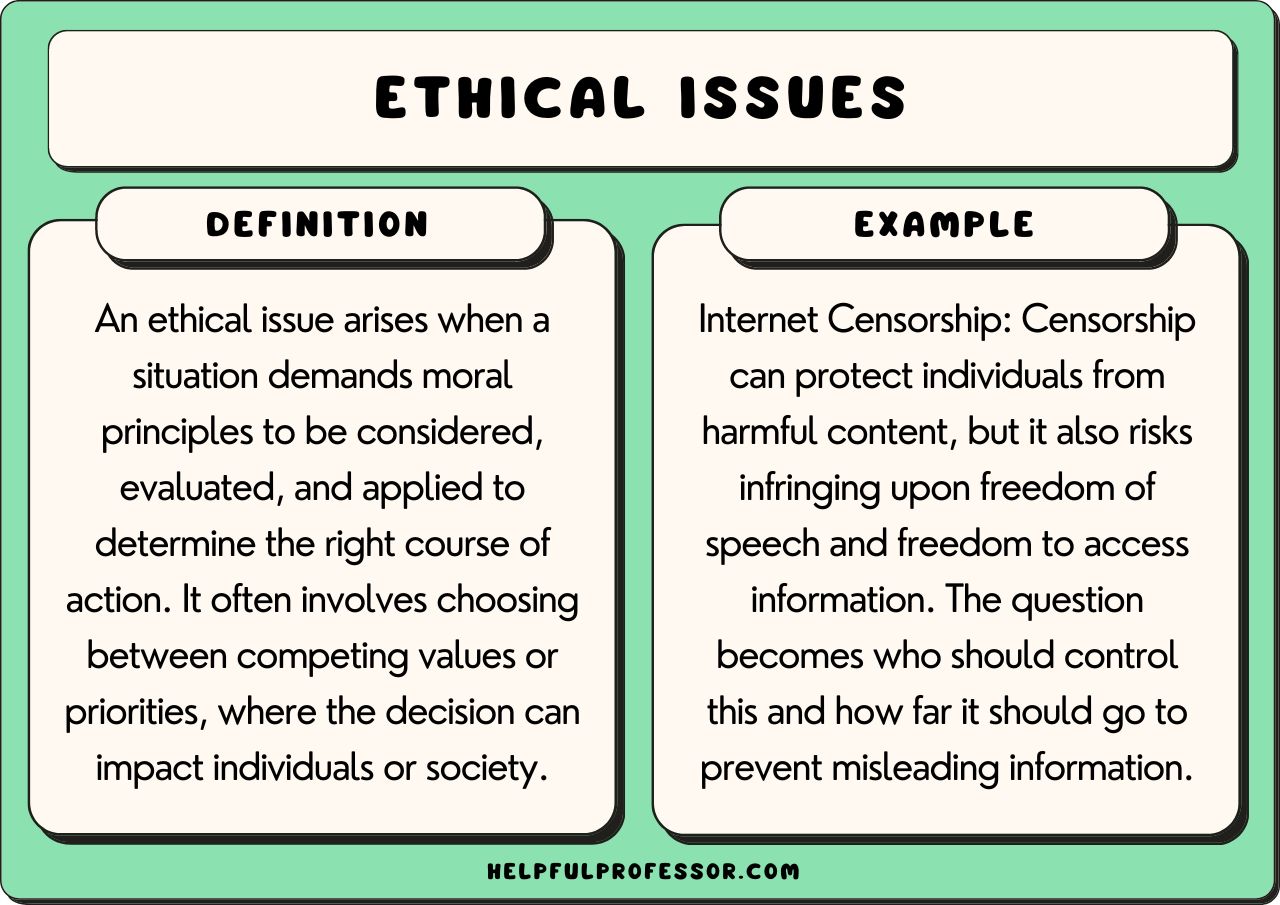List Of Ethical Issues In Business
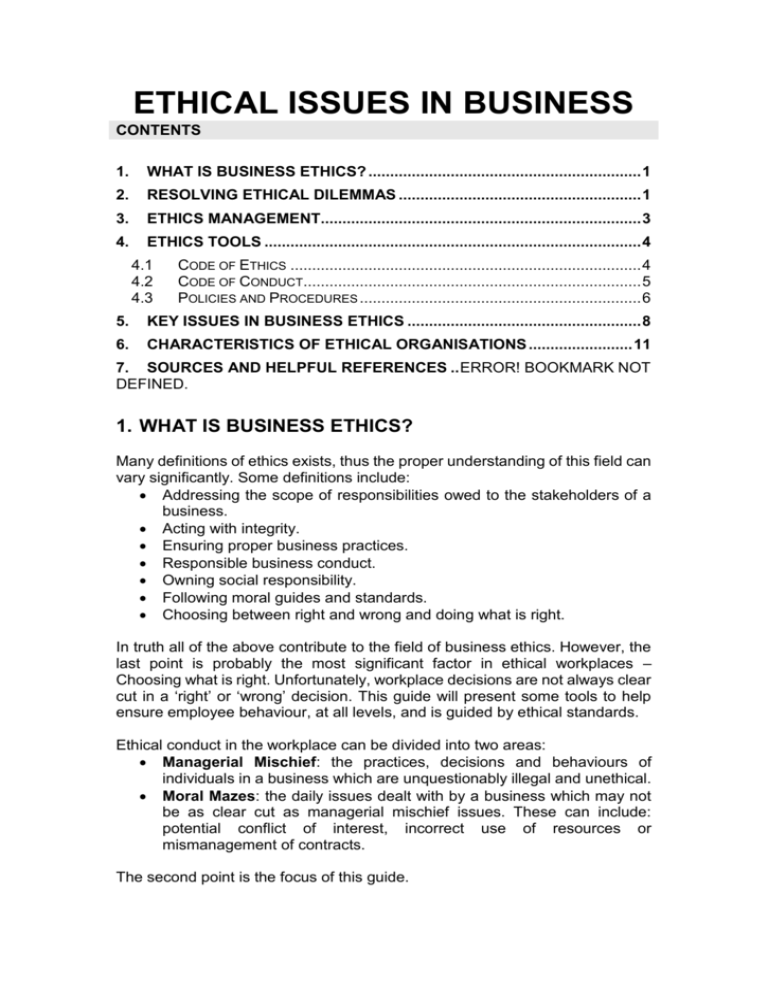
Ethical lapses in business are no longer relegated to whispered conversations behind closed doors. They are front-page news, shareholder concerns, and existential threats to organizational stability. From environmental disasters linked to corporate negligence to scandals involving data privacy and manipulative marketing, the consequences of unethical behavior are far-reaching and devastating, impacting individuals, communities, and the global economy.
This article delves into the complex landscape of ethical issues confronting businesses today. It explores the key challenges, examining their root causes and potential solutions. By understanding these issues, businesses can cultivate a culture of integrity and accountability, ensuring long-term sustainability and fostering trust with stakeholders.
Common Ethical Issues in Business
Financial Misconduct
Financial misconduct encompasses a range of unethical practices, including accounting fraud, insider trading, and bribery. Such actions undermine the integrity of financial markets and erode investor confidence.
The Sarbanes-Oxley Act of 2002, for instance, was enacted in response to major accounting scandals and aimed to improve corporate governance and financial reporting.
Companies like Enron and WorldCom serve as cautionary tales of the devastating consequences of financial fraud.
Data Privacy and Security
In the digital age, data is a valuable asset, and protecting its privacy and security is paramount. Ethical issues arise when companies collect, store, and use personal data without adequate consent or safeguards.
Data breaches can expose sensitive information, leading to identity theft, financial losses, and reputational damage.
The General Data Protection Regulation (GDPR) in the European Union sets a high standard for data protection and privacy.
Environmental Responsibility
Businesses have a responsibility to minimize their environmental impact and operate sustainably. Ethical issues arise when companies prioritize profits over environmental protection, leading to pollution, deforestation, and climate change.
The Environmental Protection Agency (EPA) in the United States plays a crucial role in regulating environmental practices and holding companies accountable for environmental damage.
Companies like Volkswagen faced severe consequences for engaging in emissions cheating scandals.
Fair Labor Practices
Ethical labor practices involve treating employees with respect, providing fair wages and benefits, and ensuring safe working conditions. Exploitation of workers, discrimination, and unsafe workplaces are all examples of unethical labor practices.
The International Labour Organization (ILO) sets international labor standards and promotes decent work conditions worldwide.
Concerns about sweatshops and forced labor continue to plague the global supply chain.
Conflicts of Interest
A conflict of interest occurs when an individual's personal interests conflict with their professional responsibilities. Such conflicts can compromise objectivity and lead to biased decision-making.
It is crucial for individuals to disclose potential conflicts of interest and recuse themselves from decisions where their objectivity may be compromised.
Transparency International emphasizes the importance of preventing and combating corruption, including conflicts of interest.
Marketing and Advertising Ethics
Ethical marketing and advertising involve promoting products and services honestly and transparently. Deceptive advertising, manipulative marketing tactics, and targeting vulnerable populations are all examples of unethical practices.
The Federal Trade Commission (FTC) regulates advertising and marketing practices in the United States to protect consumers from fraud and deception.
Controversies surrounding the marketing of harmful products, such as tobacco and opioids, highlight the importance of ethical considerations in advertising.
Supply Chain Ethics
Businesses are increasingly scrutinized for the ethical practices of their suppliers. Ethical issues in supply chains include child labor, forced labor, and unsafe working conditions.
Companies are expected to conduct due diligence to ensure that their suppliers adhere to ethical labor and environmental standards.
The United Nations Guiding Principles on Business and Human Rights provide a framework for businesses to respect human rights throughout their operations and supply chains.
Moving Forward: Cultivating Ethical Business Practices
Addressing ethical issues requires a multi-faceted approach, including strong leadership, ethical codes of conduct, and robust compliance programs. Organizations must foster a culture of integrity where ethical behavior is valued and rewarded.
Whistleblower protection is crucial for encouraging employees to report unethical behavior without fear of retaliation.
By prioritizing ethics, businesses can build trust with stakeholders, enhance their reputation, and ensure long-term sustainability.
Ultimately, ethical business practices are not just a matter of compliance; they are essential for creating a just and sustainable world.
